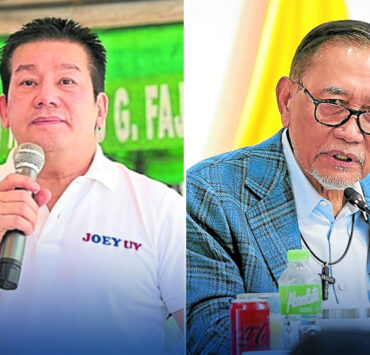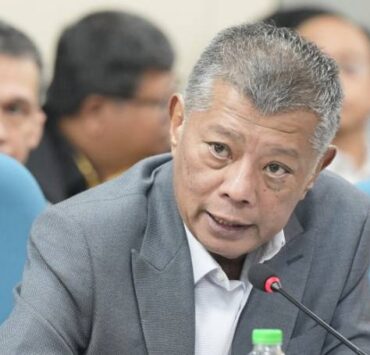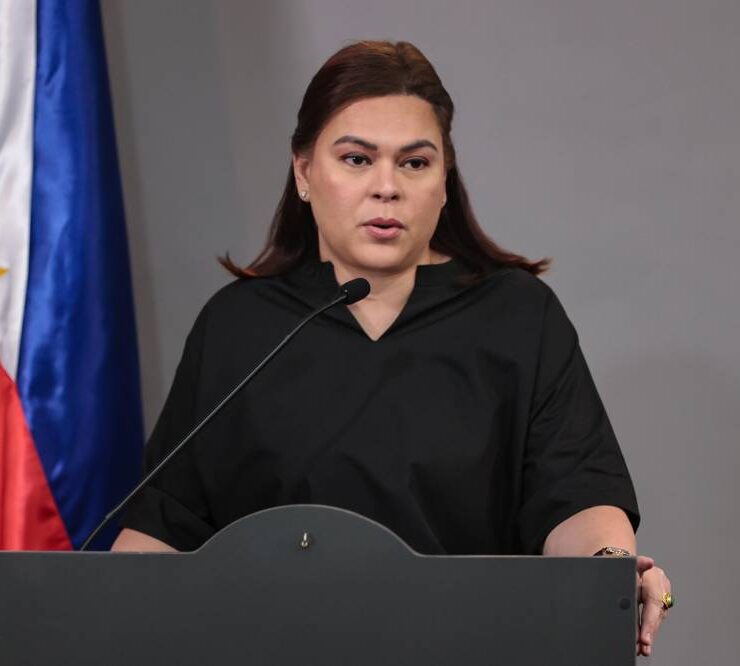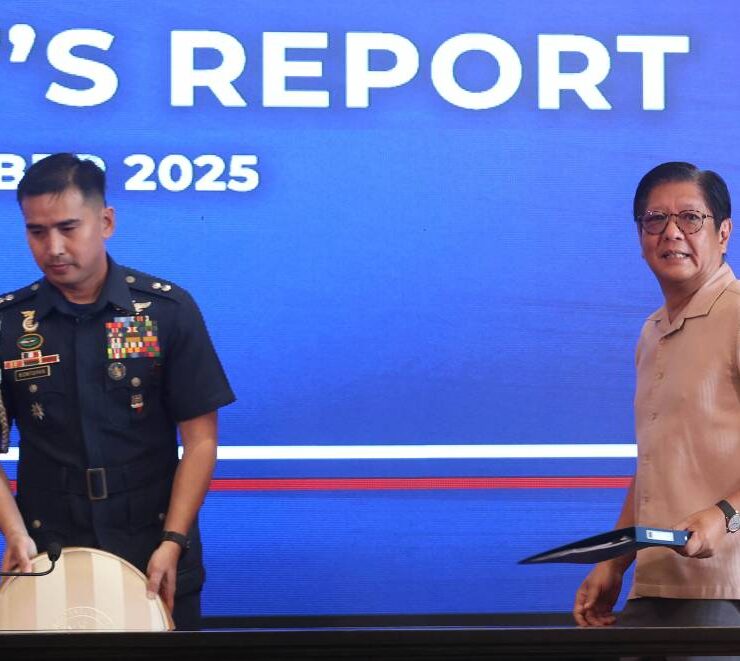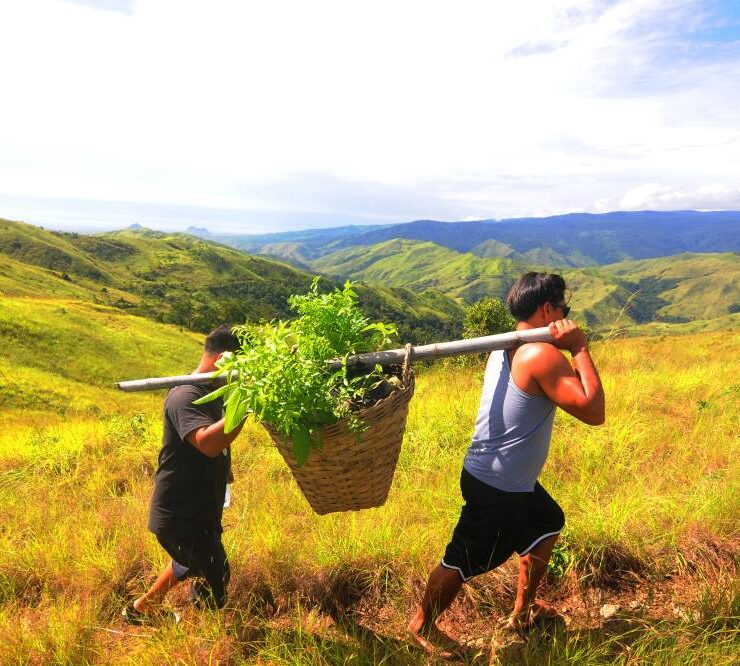UN rapporteur urges PH to return as ICC member
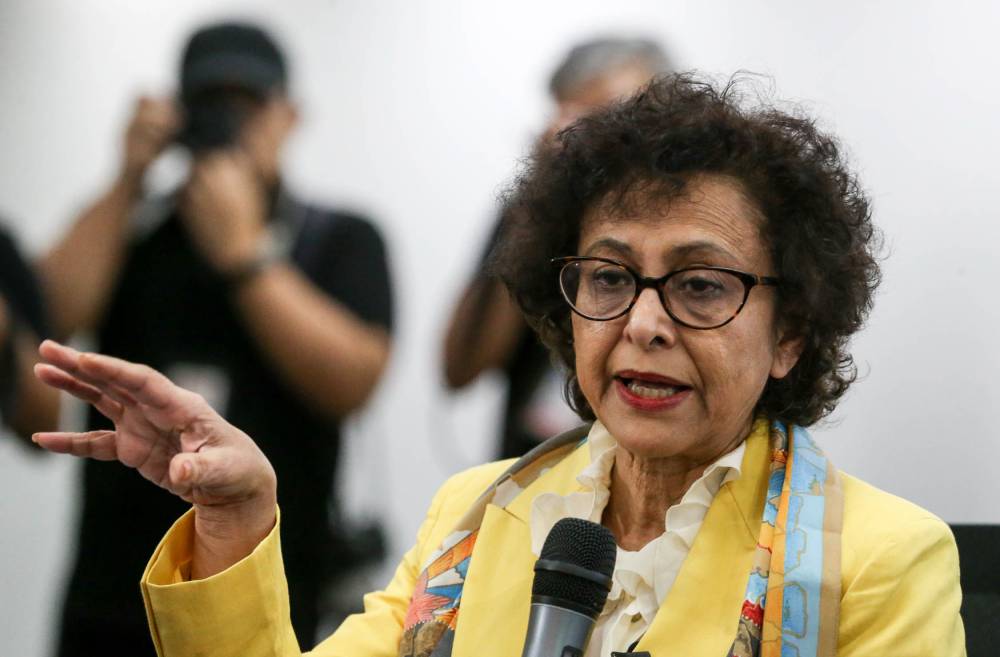
Given the persistence of enforced disappearances, unlawful killings and impunity in the Philippines, a United Nations special rapporteur has urged the government to ratify the International Convention for the Protection of All Persons from Enforced Disappearance and to rejoin the International Criminal Court (ICC).
“Both instruments would significantly enhance human rights protection and support the enjoyment of the right to freedom of expression,” said UN Special Rapporteur Irene Khan in a report she presented to the UN Human Rights Council in Geneva, Switzerland, on Wednesday.
In response, Malacañang said on Thursday that President Marcos was “open” to discussing the possibility of rejoining the ICC, which had ordered the arrest of his predecessor Rodrigo Duterte, who is being held in a detention center in The Hague, for murder as a crime against humanity for the thousands killed in his war on drugs.
Voting as senator
Even though he voted to ratify the Rome Treaty that established the ICC in August 2011 when he was a senator, Mr. Marcos repeatedly maintained that the government would not cooperate with its investigation of alleged human rights violations in the drug war after the country’s withdrawal from the Rome treaty on Durterte’s order took effect in 2019.
In a press briefing, Castro said the government would study whether the country should rejoin the ICC and take action on Khan’s other proposals to advance human rights and freedom of opinion and expression.
“He is open to it. The last time we talked, when rejoining the ICC was an issue, he said he was open to discussions,” said Malacañang Press Officer Castro, an undersecretary of the Presidential Communications Office.
“This matter is not being discussed right now,” she added. “But the President is open to discussing suggestions like these.”
Obliged to cooperate
Pointing to ICC’s lack of jurisdiction over the Philippines, the President also ordered government agencies not to support the ICC’s investigators.
In November 2023, he said the government was then studying whether the Philippines should rejoin the ICC.
Executive Secretary Lucas Bersamin, a retired Supreme Court chief justice, said the Philippines was obliged to cooperate with the International Criminal Police Organization (Interpol) should the ICC ask for help in serving an arrest warrant on Duterte and others charged with enforcing his brutal antinarcotics campaign.
The warrant was eventually served on Duterte on March 11 this year and the government flew him to The Hague the same day. The 80-year-old former president has asked the ICC for an “interim release” in another country, which wasn’t publicly disclosed.
Philippine visit
Weeks after Duterte’s arrest, Castro was asked again about the possibility of the Philippines rejoining the ICC. She said there were no ongoing discussions in the government on this.
Khan’s report followed her Jan. 23-Feb. 2, 2024, visit to the Philippines where she met with national and local government officials, representatives of various civil society organizations, as well as journalists and media workers.
She said the country was “privileged” to have civil society and media sectors that were “active in all regions and working in different dialects” while serving as an “intermediary” between the State and the public.
According to Khan, there were over 2,000 private media outlets and more than 60,000 nongovernmental organizations involved in advocacy around the country.
“Enhancing civil society participation can allow the public authorities to reach out to local communities with which trust may have been undermined,” she said.
Red-tagging threat
Khan noted, however, that Red-tagging remained a “serious threat” against civil society, with the National Task Force to End Local Communist Armed Conflict (NTF-Elcac) acting as the main instigator.
Red-tagging, or labeling groups and individuals as supporters of the communist insurgency, was particularly rampant during the Duterte administration, Khan said.
The practice continued under the current Marcos administration, albeit at a “lower level,” she said.
“Although the government has sought to reassure the Special Rapporteur that it does not undertake, encourage or condone such practices, there is considerable evidence that Red-tagging is being used by the security forces as part of their strategy to counter terrorism,” her report said.
Over 450 incidents
During the first half of 2024, more than 450 Red-tagging incidents were recorded, 17 percent of which targeted young people and 61 percent were attributed to government actors, according to data from the Ateneo Human Rights Center.
“It is clear that such vilification is aimed not only at those who are allegedly associated with proscribed or listed organizations, but also at legitimate activists and activities, sowing distrust between the State, communities and civil society,” Khan noted.
The practice of Red-tagging is “often followed or accompanied by unlawful surveillance, criminal prosecution, including the filing of trumped-up charges, threats and even killings,” she said.
Such actions seek to suppress legitimate activism and undermine independent journalism, she added.
Her report said the Philippines was still a “dangerous country” for journalists, despite the lower number of attacks against the press under the Marcos administration.
Data from the United Nations Educational, Scientific, and Cultural Organization (Unesco) showed that 117 journalists were killed in the Philippines in the past 30 years, yet only 10 cases were resolved.
Turning the page
She noted the government’s efforts to address threats and attacks against the media, through the creation of the Presidential Task Force on Media Security, among others.
“Since June 2022, the government has taken some measures to end the horrendous attacks on human rights by the previous administration, especially on freedom of expression, but they have not been enough to turn the page decisively on the past,” said Khan.
“The Government must embark on more significant legal, policy and institutional changes to demonstrate its commitment to freedom of expression,” she added.
She also proposed that the government adopt an “executive order denouncing the practice of Red-tagging” and measures to “discourage, disincentivize and discipline those who violate the policy.”













